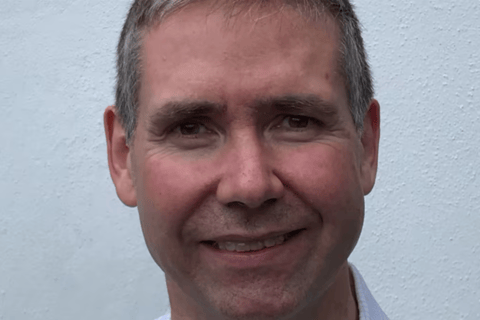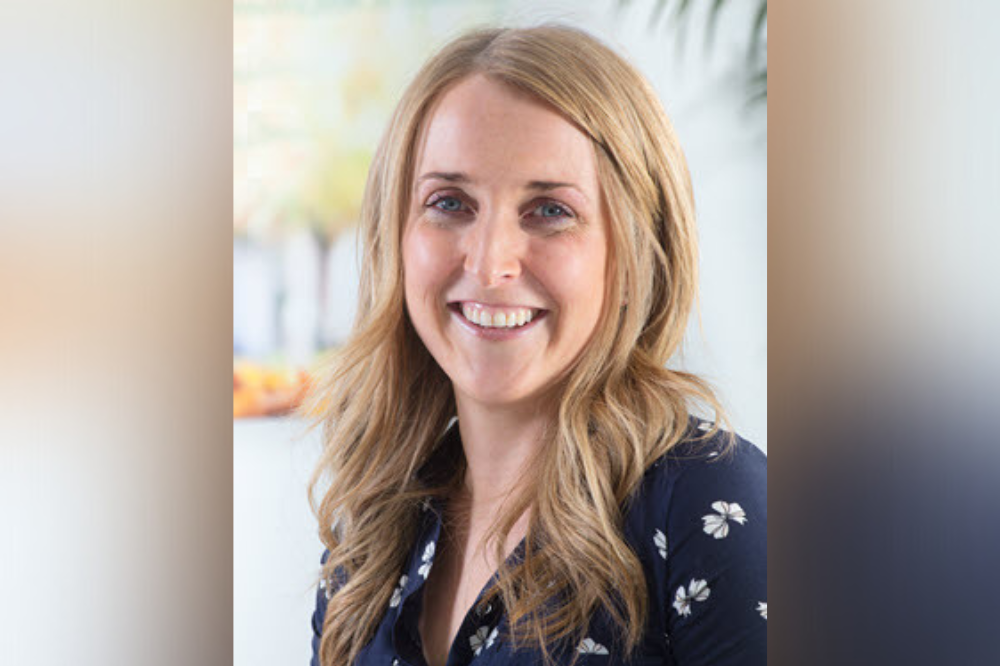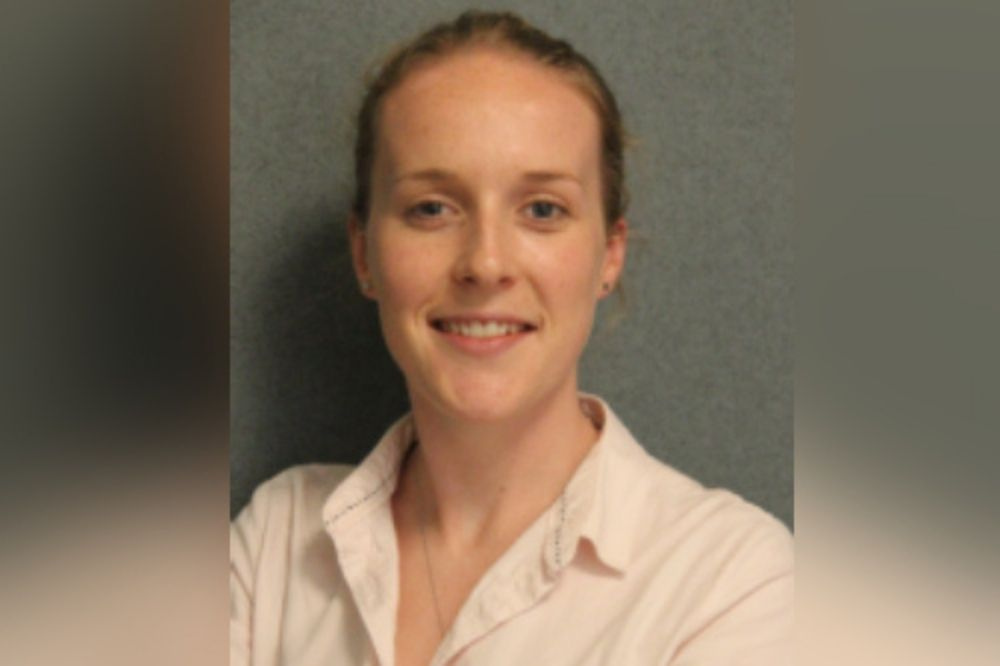![]()
“The pandemic brought about a growing demand for digital services which hasn’t lessened, and customers are increasingly – and rightly – dictating the pace of evolution required for our industry,” she said. “This is one of the reasons we soft launched Moja, AXA Retail’s first digital-only brand, earlier this year. Moja is a direct response to customers’ increased requirements for digitally-led and on-demand interactions.
“Developed entirely in-house, which required a massive effort from our teams, Moja has been benchmarked against tech innovators such as Monzo, Klarna and Amazon so that we could deliver a truly seamless, flexible, and simple customer experience. Expect more great things from Moja in 2023.”
For Matthew Edwards (pictured below), consulting actuary at WTW, regulatory reform has played a pivotal role in 2022, especially the thinking and consultation done by HMT and the Bank of England on Solvency II reforms, where – thanks in part to industry lobbying by the ABI, whom WTW supported – the proposed new reforms feel like a “broadly sensible and positive” step forward for insurers.

The return to ‘real not virtual’ people, has been a milestone, he said, with the majority of insurance and consultancy staff back in the office two-three days a week on average. With so many events not done in person since 2019 restarting, a landmark for the team at WTW has been the return to its actuaries’ life and non-life conferences and the WTW Life2022 flagship client event. In addition, 2022 saw WTW open a new office in Edinburgh, in conjunction with nearly 40 hires over the year, including several actuarial apprentices.
The challenges facing insurance in 2022
Foley noted that 2022 was a year of challenge for the insurance profession with uncertainty and constant change buffetting the sector. Coupled with inflation and the cost-of-living crisis, she said, this has caused significant issues for customers which show no sign of relenting. These factors, combined with the FCA pricing reforms and the upcoming Consumer Duty regulations, have placed even more responsibility on insurers to provide customers with the best possible service and products at fair prices.
“AXA’s latest Future Risks Report found that almost half the UK public feel vulnerable in everyday life,” she said. “So, as we all face these challenges, AXA Retail will continue to look at how we can take an active role in supporting and protecting our customers.”
High inflation became a major factor early in 2022, Edwards said, followed by the market tumult of September/October owing to the short-lived Truss policies. Operationally, finding compromise hybrid meeting arrangements that work, rather than meetings which hitherto had been either almost all in person, or entirely virtual. Also operationally, there has been significant resource strain – and there’s been a huge amount of activity across the sector with commercial pressures (e.g. yet more BPA deals) on top of IFRS-17 preparation.
The opportunities facing insurance in 2022
However, amid these challenges, Edwards said, the year did bring some opportunities for the market.
“The challenge of IFRS-17 implementation was seized on by some insurers to overhaul their financial reporting processes,” he said. “We were particularly pleased to help one multinational insurer move its reporting on to our enterprise-wide automation platform Unify, replacing most of the spreadsheets previously used with a much more robust and manageable interconnected system of workflows and storage.
“We helped another multinational implement a new and extremely useful reporting analysis system, allowing users to drill down into the results across different dimensions to better understand what is driving any changes in the reported results.”
Foley emphasised that despite the challenges faced by the market, the insurance profession is living through a “truly transformational period” which offers a great opportunity to better serve its customers.
“As an industry, we can help bring vibrant growth to the UK economy and benefit wider society in key areas such as the fight against climate change, improving access to insurance and doing more to prevent and protect people from everyday mishaps and accidents,” she said. “There is now a huge opportunity for the industry to revolutionise the services we provide, how we provide them and how we reach people.
“To achieve this, we also need to widen the industry’s talent pool, offer new digitally focused jobs, and upskill our people to ensure the products and services we provide continue to remain relevant for our customers’ evolving needs.”
How the insurance profession fared in 2022
Amid a year of such challenges and opportunities, there were plenty of things the insurance profession did well and other areas that stood out for improvement. Exploring the latter, Foley highlighted how firms across the sector should focus on improving their digital capability in 2023. The last few years have shown just how much we can leverage and incorporate technology and use it to be more innovative for our customers, she said.
“There is plenty to learn from other brands and industries, particularly the tech sector, so insurers should be taking learnings from this space to develop and improve the overall customer experience,” Foley added. “The majority of people use online services in their everyday lives, so they increasingly expect efficient, easy and even enjoyable interactions with the organisations from which they obtain their services and products.
“The insurance industry isn’t quite there yet, but I’m confident that huge strides will be made in 2023 which will not only be great for our customers but will also help lay the foundations for the sector’s continuing success.”
As to what the insurance industry did especially well in 2022, Edwards spotlighted how insurers are now engaging heavily with ESG, with climate being a tangible and large component of that, but with many other areas involved.
“By way of example,” he said, “an IFoA climate working party survey found that all responding participants explicitly cover climate in their risk framework, and explicitly cover it in their ORSAs (albeit that is now compulsory). In a similar vein, the larger insurers are demonstrating increasing care about defining their broader social purpose and contribution to society beyond fulfilling their core insurance offering (which is itself a valuable thing for society).”
From her perspective, Foley said, while the insurance industry has experienced a plethora of challenges in 2022, she believes it has responded well to all of them.
“While there were lots of successes I could call out, one key achievement has been the implementation of the FCA pricing reforms,” she said. “The huge efforts made to meet the deadline earlier this year were worth it, and it has been great to see customers benefitting from more transparency and a level playing field. This in turn has provided them with a better overall experience and gives insurers a greater opportunity to build loyalty for the long term.”
What did 2022 bring for you and your business? Feel free to share your experiences in the comment box below.
Source




















